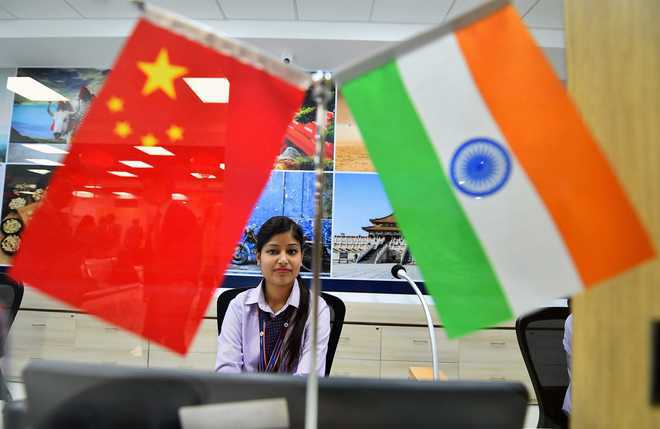GLOBAL energy economics revolves around the three major crude oil importers — the US, China and India. The Indian Government has recently announced that it is joining hands with China to have a collective bargaining power against cartelisation of oil producers. The attempt, if fructified, will change the dynamics of international oil markets. Imagine the collective bargaining power of India and China, which has surpassed the US to become the world’s largest oil importer. So far, India had been unable to bargain better rates from the Gulf-based oil producers despite being the third largest crude oil importer with over 210 million tonnes of annual purchase. Instead of getting a discount for bulk purchase, West Asian producers, particularly Saudi Arabia, charges an enigmatic “Asian Premium” for oil supplied to Asian countries such as India and Japan. According to Prof Yoshiki Ogawa of Japan, the “Asian Premium” annually costs somewhere around $5-10 billion for Asian importers.
This is India’s third attempt to unite major Asian energy importers to beat the producers’ cartel. Such is the power of global energy lobbies that the earlier two attempts failed miserably. The first attempt was made by the then Oil Minister Mani Shankar Aiyar. In 2005, he had hosted two ministerial roundtables to get rid of discriminatory “Asian Premium” — the first involved major Asian consumers such as China, Japan and South Korea and the other roped in alternative oil producers of North and Central Asia. Almost after a month, Aiyar was stripped of the petroleum portfolio. Another attempt for joint energy sourcing with Japan was made towards the end of the UPA government, albeit much smaller in magnitude. It, too, failed to see the light of day.
Oil Minister Dharmendra Pradhan rightly observed on Thursday, “If China and India are on the same page regarding Asian Premium that is a big statement”. If this happens, India’s oil import will be cheaper by at least $ 4-6 per barrel. The consumers will be the direct beneficiaries as petrol and diesel prices would fall by Rs 1.40-2.10 per litre in just one stroke. Let’s hope the elephant-dragon tango works.
Unlock Exclusive Insights with The Tribune Premium
Take your experience further with Premium access.
Thought-provoking Opinions, Expert Analysis, In-depth Insights and other Member Only Benefits
Already a Member? Sign In Now











